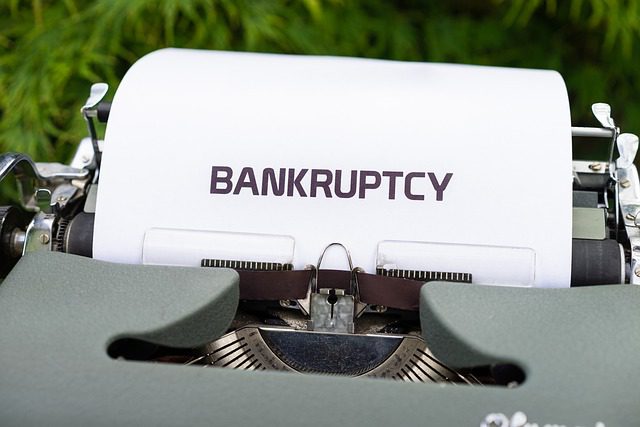When creditors loan out money, they know there is some risk involved that the debtor won’t pay the money back. But when a debtor files bankruptcy, creditors still have rights to be part of the process and have a say in the proceedings.
We’ll outline the rules for what creditors can do during bankruptcy filings and how a debtor’s fraudulent activity in the matter could become a factor in your ability to pursue the debt.
Right to challenge debtor’s debt discharge
A bankruptcy trustee is charged with making sure creditors get paid back as much as possible for nonexempt debts.
During these proceedings, a creditor has a right to participate in the process during both Chapter 7 and Chapter 13 hearings. They can present their case for how much the debtor must pay back and the debtor’s rights to discharge the debt.
What creditors should know is that not all debt is treated the same. The courts will give priority to child support and secured claims. A secured claim is when the debtor uses collateral to secure debt from the creditor. The creditor can repossess that collateral to sell it to pay off the debtor’s remaining payments.
Secured claims might include a mortgage where the creditor can sell the home to pay off the debtor’s outstanding payments. Or a car loan, where the car serves as collateral. In other situations, the creditor can place a lien on the property to seek payment on the loan.
During Chapter 13 bankruptcy, the debtor must surrender the collateral or pay off their debt using a three-to-five-year reorganization plan. The debtor also might be able to pay off the debt sooner without a reorganization plan.
How creditors can pursue unsecured debt
Unsecured debts get less priority in bankruptcy proceedings. This type of debt might be credit card debt or unpaid medical bills. Creditors can still file proof of the debt for consideration during the first meeting of creditors. You can object to the debt being discharged.
During this process, you can challenge the debtor’s claims concerning assets and income to prove that they can pay back the debt they owe you.
If the courts are ordering that you return payments the debtor made to you within 90 days of the debtor filing for bankruptcy, this can be a valid claim. The trustee cannot favor one creditor over another, but payments in the past 90 days can be eligible to be returned to be distributed differently among all debt.
Rules for credit obtained fraudulently
Under U.S. Code 523 (a)(2)(A), debt that a debtor obtains fraudulently cannot be discharged via Chapter 7 or Chapter 13 bankruptcy filing. This includes debt that the debtor obtained through:
- False pretenses
- False representation
- Fraud
- Materially false statements
In these cases, the creditor can challenge discharging the debt. Some ways you can prove that the credit was obtained fraudulently include:
- Proving false income or asset information was used on the credit application
- The applicant used false financial documents to obtain the loan
- The debtor purchased materials using credit with no intention (or financial ability) to pay the creditor back
- The credit originated shortly before the debtor filed for bankruptcy, showing lack of intention to pay back the debt
- Demonstrating that the debtor used a bad check knowingly to pay for a good or service
- Showcasing how the debtor engaged in deceptive business practices
Proving fraud during bankruptcy proceedings
Furthermore, you can prove that the debtor is not being honest about income or assets during bankruptcy proceedings.
Debtors sometimes hide assets during the process because they don’t want to surrender them. The temptation to hide information during a bankruptcy filing can be enormous. But it also is illegal, and creditors can bring this fraud to light.
Some of the ways debtors commit fraud during a bankruptcy filing include:
- Excluding an asset on bankruptcy schedules to prevent turning it over
- Failing to disclose a property transfer that occurred recently, such as giving a friend or family member an old car
- Falsifying information on a form or document required for the bankruptcy court or that the trustee requests
- Intentionally destroying or hiding documents showing income or financial assets
- Incentivizing someone to help the debtor conceal information during the bankruptcy filing
In all these scenarios, the omissions or fraud must be intentional. When a debtor accidentally forgets an asset during bankruptcy court it is not a crime. But intentionally omitting information is a crime.
Virginia legal support for creditors
If you’re a creditor with a debtor going through a bankruptcy filing, you should protect your legal interests. You can do that by hiring a good Virginia lawyer. Gore & Kuperman will ensure you collect the money you deserve. Contact us with questions or to learn more about our representation.
